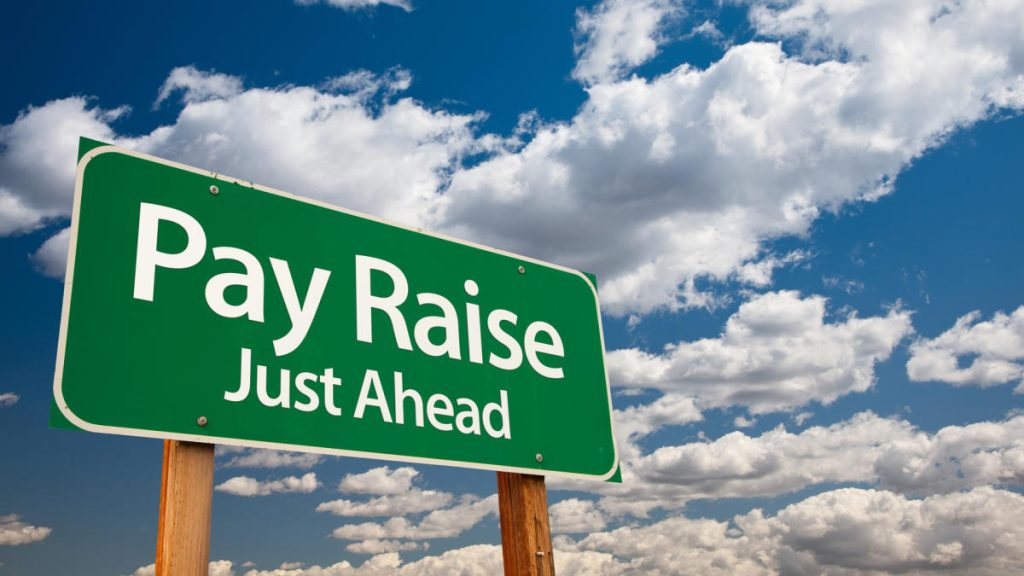
Many workers worry that earning more, through a raise or bonus, could push them into a higher tax bracket and actually reduce their take-home pay.
Learn More: Trump Wants To Eliminate Income Taxes: Here’s What That Would Mean for the Economy and Your Wallet
Find Out: The New Retirement Problem Boomers Are Facing
However, that fear is based on a common misunderstanding of how the U.S. tax system works. Do higher earnings mean you’ll take home less because of taxes?
Here’s what you need to know about how tax brackets impact your take home pay.
Many people believe that earning more money, through a raise or bonus, could actually cause them to lose money after taxes. This widespread misconception stems from confusion about how tax brackets actually apply to income.
“Many people have a misconception or ‘fear’ of even jumping a tax bracket due to a misunderstanding of how progressive tax systems work,” said Nicolette Davicino, a certified financial planner and financial advisor at Armstrong, Fleming & Moore.
For You: Here’s How Much Your State Collects on Every Type of Tax
Davicino explained, “Many people think that moving into a higher tax bracket means their entire income will be taxed at that higher rate, which would reduce their pay and mean they take home less pay. In reality, only the portion of income within the higher bracket will be taxed at the new rate.”
The U.S. tax system uses marginal tax rates, which means only the income that falls within each bracket is taxed at that bracket’s rate. This ensures that earning more will never reduce the after-tax income.
“To the extent that their taxable income now exceeds $47,150 for 2025, the amount over $47,150 is taxed at the much higher 22% tax rate,” said Mark Luscombe, principal analyst at Wolters Kluwer Tax & Accounting. “The rest of the taxpayer’s income remains taxed at the lower 10- and 12% tax rates.”
Luscombe added that bonuses are often subject to higher withholding, which can make the take-home seem smaller at first. But this doesn’t mean individuals are taxed more on all of their income, just on the portion above the bracket threshold.
A raise or bonus can push a portion of a taxpayer’s income into a higher tax bracket, but only that portion is taxed at the new, higher rate. The remainder of their income continues to be taxed at lower rates, so their overall take-home pay still increases.
For example, Luscombe said a taxpayer with a modified adjusted gross income of $147,000 who receives a $5,000 bonus in 2025 would not move into a higher tax bracket. However, their total income could exceed eligibility for other tax credits like the Clean Vehicle Credit, which has a $150,000 cap for individuals.